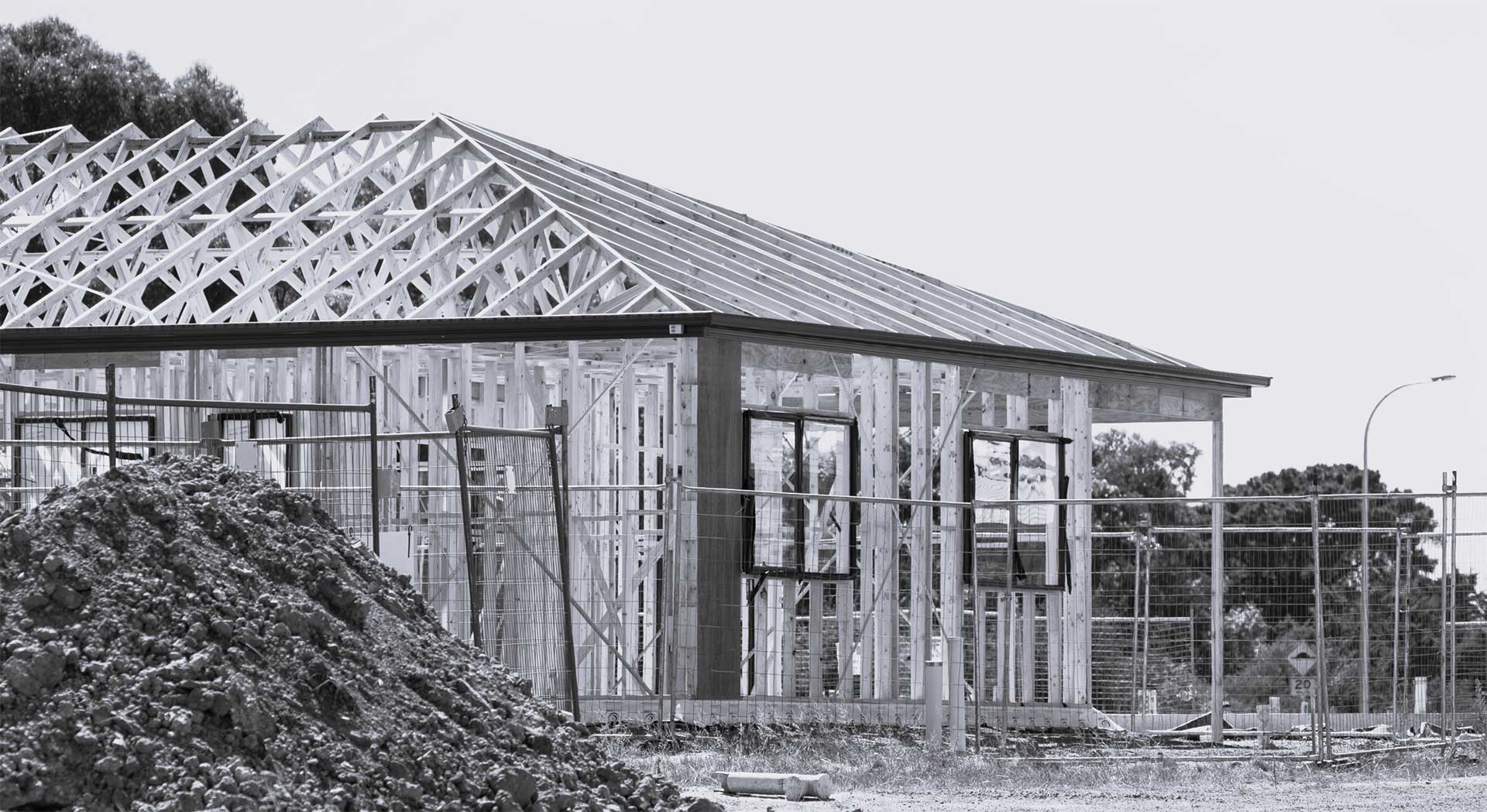“Being a good (decision maker) begins with having the right information and mental models for how the world works” (Jim Chalmers, 2023)
In his recent essay, the Treasurer of Australia Jim Chalmers has met the overdue need for our national leaders to tell a ripping good yarn about the state of the nation. He has weaved a meaningful story with a beginning, middle and end that explicitly states values and intentions guided by those values. He identifies the need for learning from the past and what this means for decision making in the future.
Chalmers highlights the need to “measure what matters” and to track “these metrics over time [to] give us a more comprehensive picture of whether policies are working”. “[This approach] will also give us an evidence base from which we can have better, more informed discussions about what needs to be done to lift living standards, boost intergenerational mobility and broaden opportunity.”
No doubt, accurate time series is central to excellence in decision making. We are obsessed with it. .id’s most recent offer, views.id – which measures the lived experience of local communities – has piqued the interest of many councils by revealing local values and lived experience of residents. Annual updates to these data is core to the offer, exactly for the reason Chalmers outlines. housing.id clients receive 6-monthly updates to affordable housing supply and economy.id clients receive annual updates on the state of their local economy – a unique national offer.
Chalmers goes on to warn that “if our measurements are flawed or incomplete, it follows that what we do will be too”. .id economist Rob Hall’s recent excellent blog addresses the risks associated with using flawed data.
Federal Government social and economic policy frequently falls short on local nuance. Chalmers hints at the importance of local nuance and targeting policy at the community level, but he really nails it when he speaks from a place of empathy and experience.
“I know from my own community in Logan, south of Brisbane, how unjust it is that people who live on the outskirts of capital cities and in some regional areas experience much more inequality than other citizens. But this injustice presents an opportunity: to focus our attention on place-based initiatives where communities have the genuine input, local leadership, resources and authority to define a new and better future especially for kids.”
No national economic policy or any business or organisation investing in place will be effective and successful without understanding the uniqueness of place across our towns, regions and cities.
.id people (including .id clients) will relate to this. And of the need for telling a ripping good yarn.









